

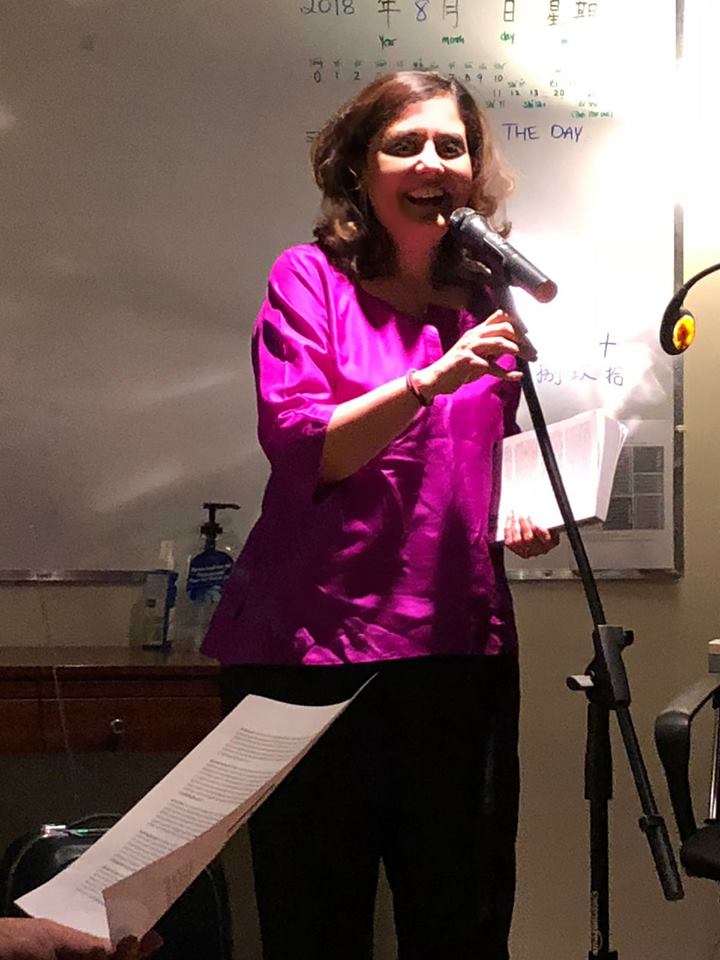
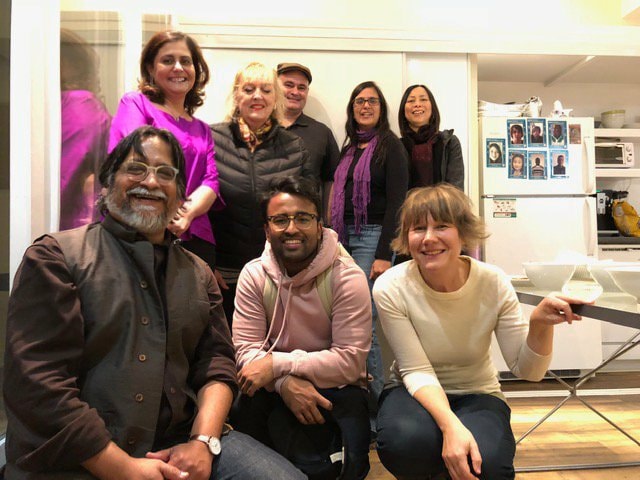
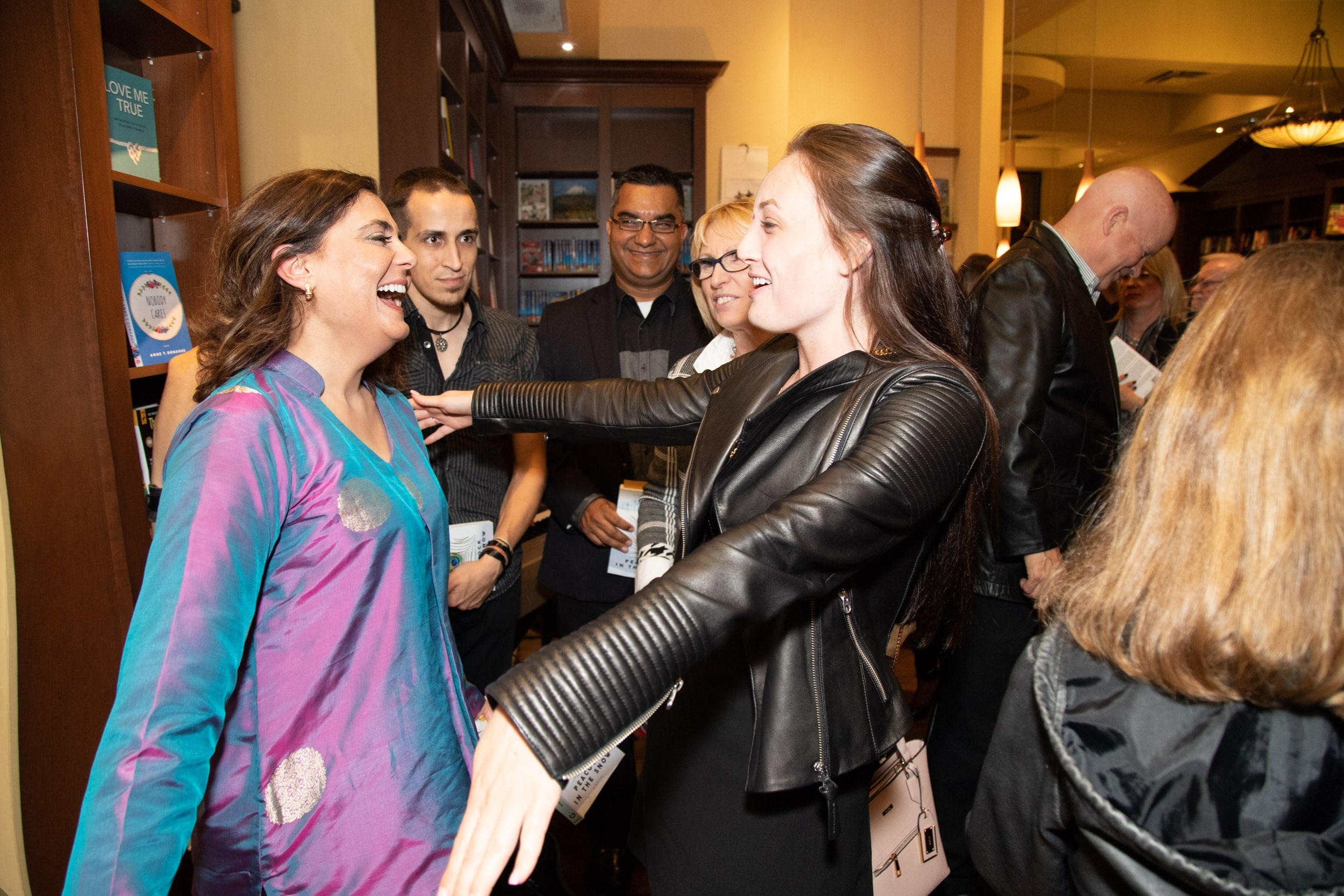
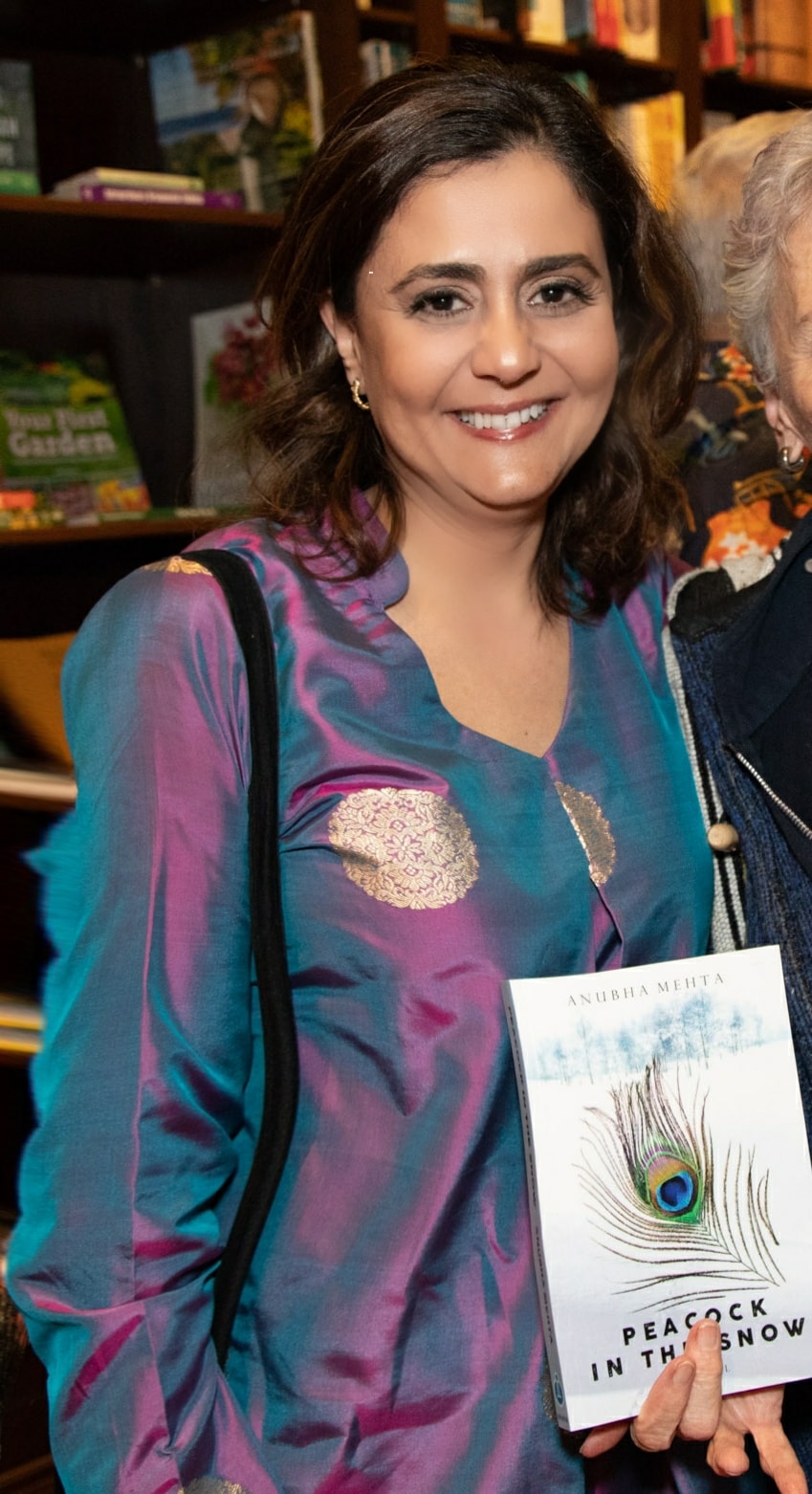
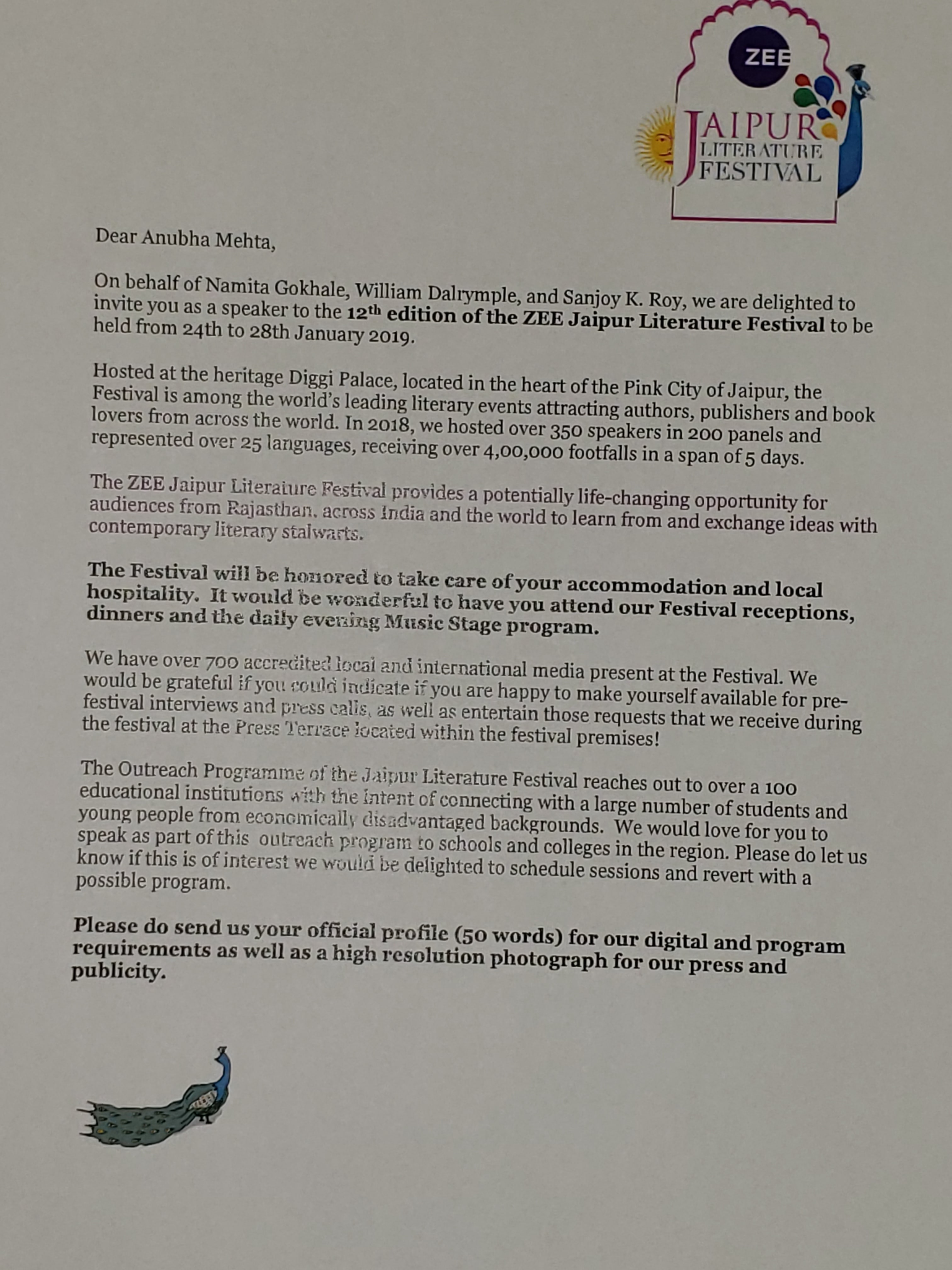
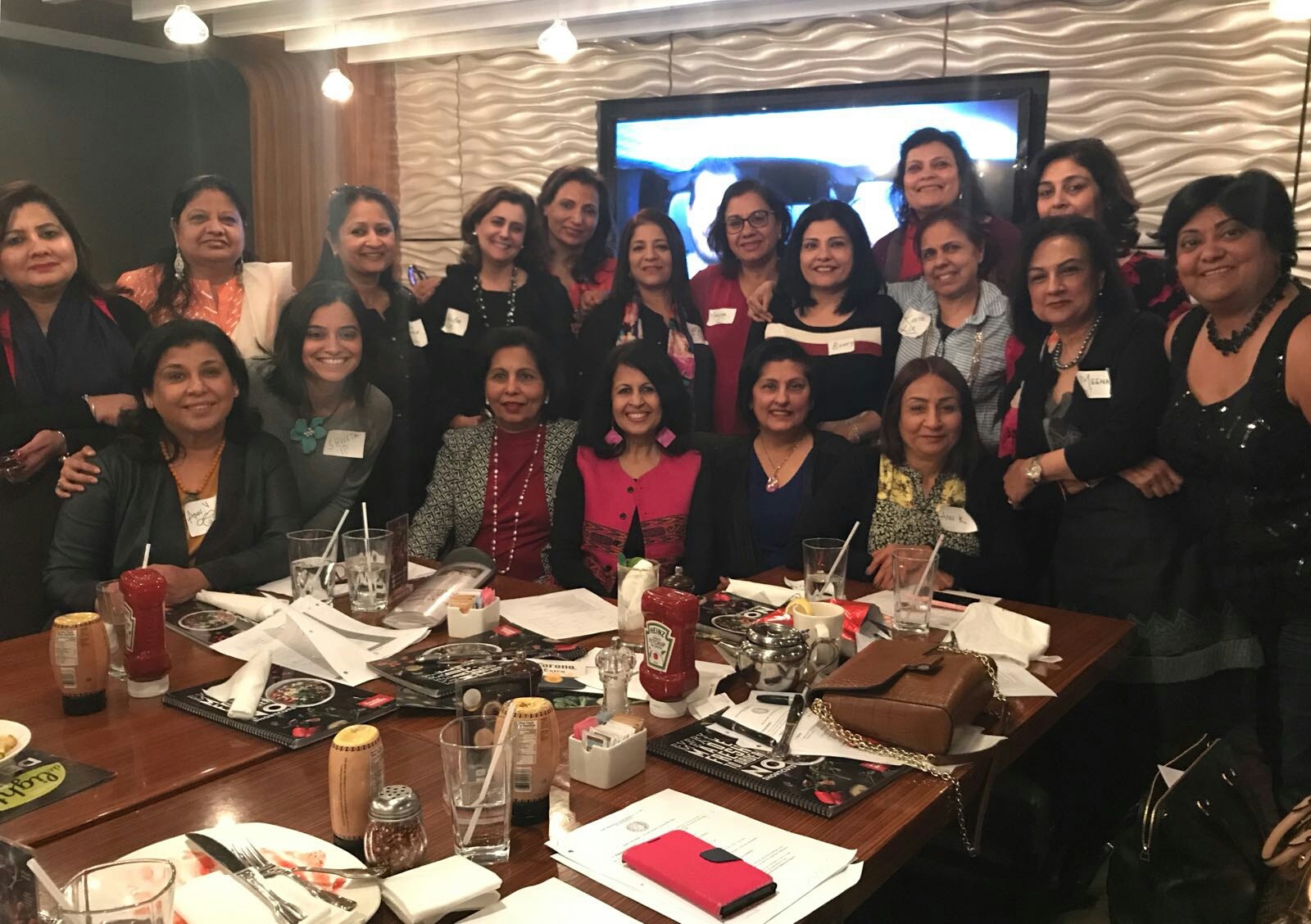
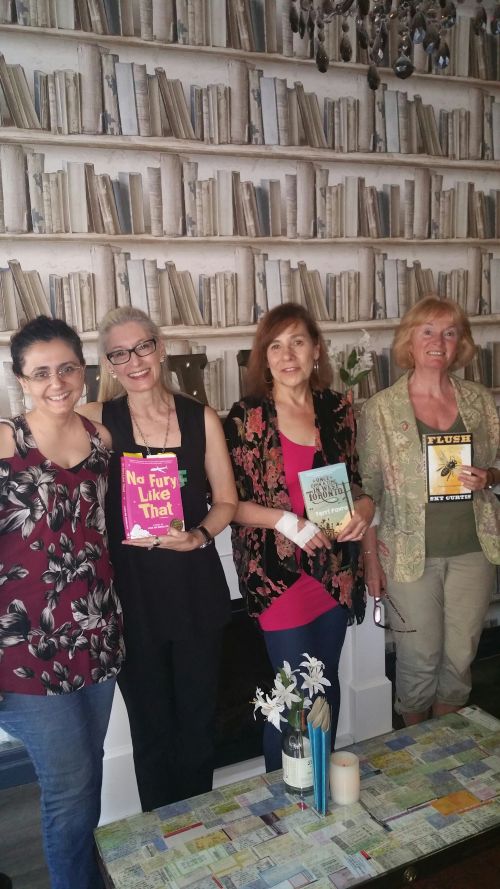
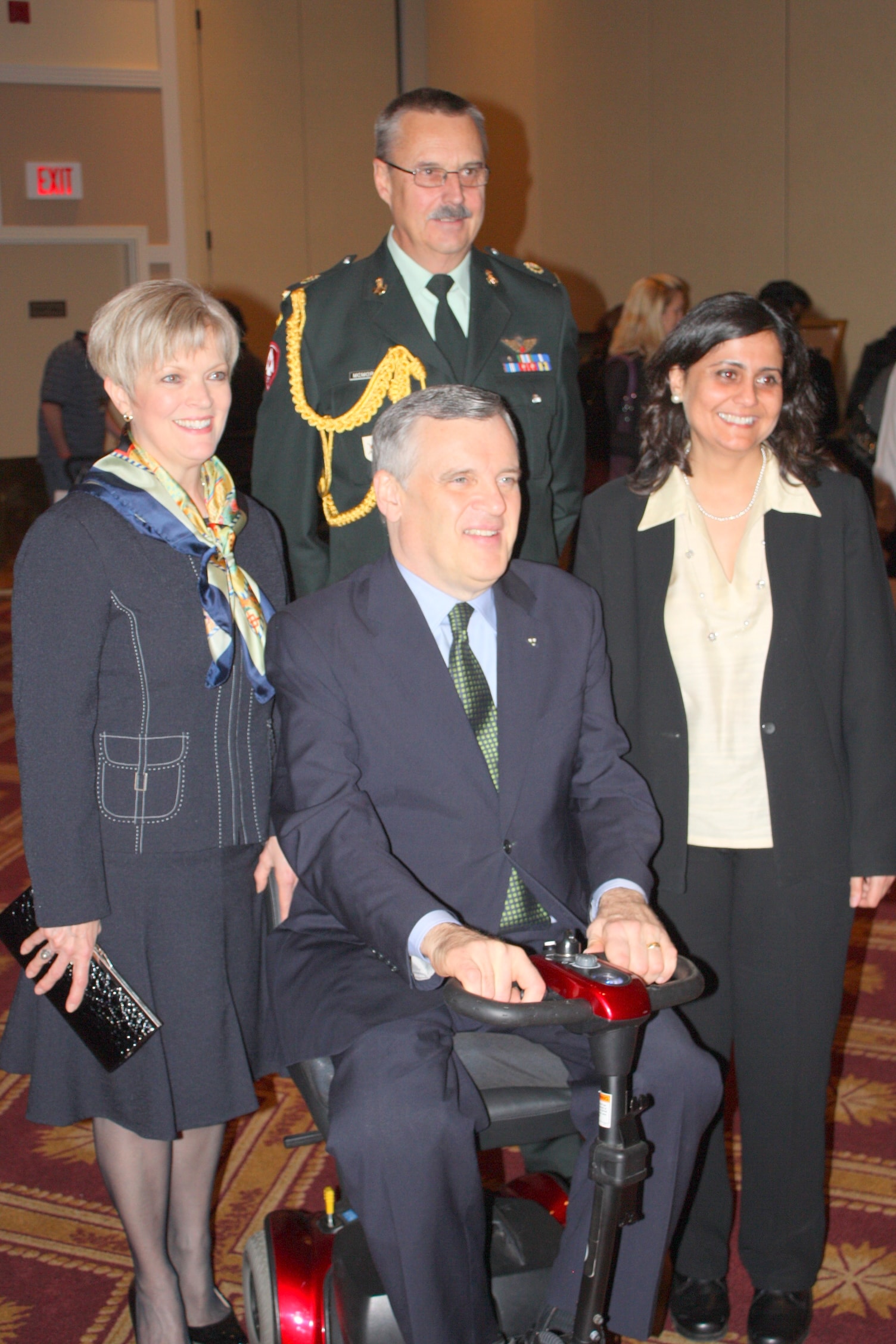
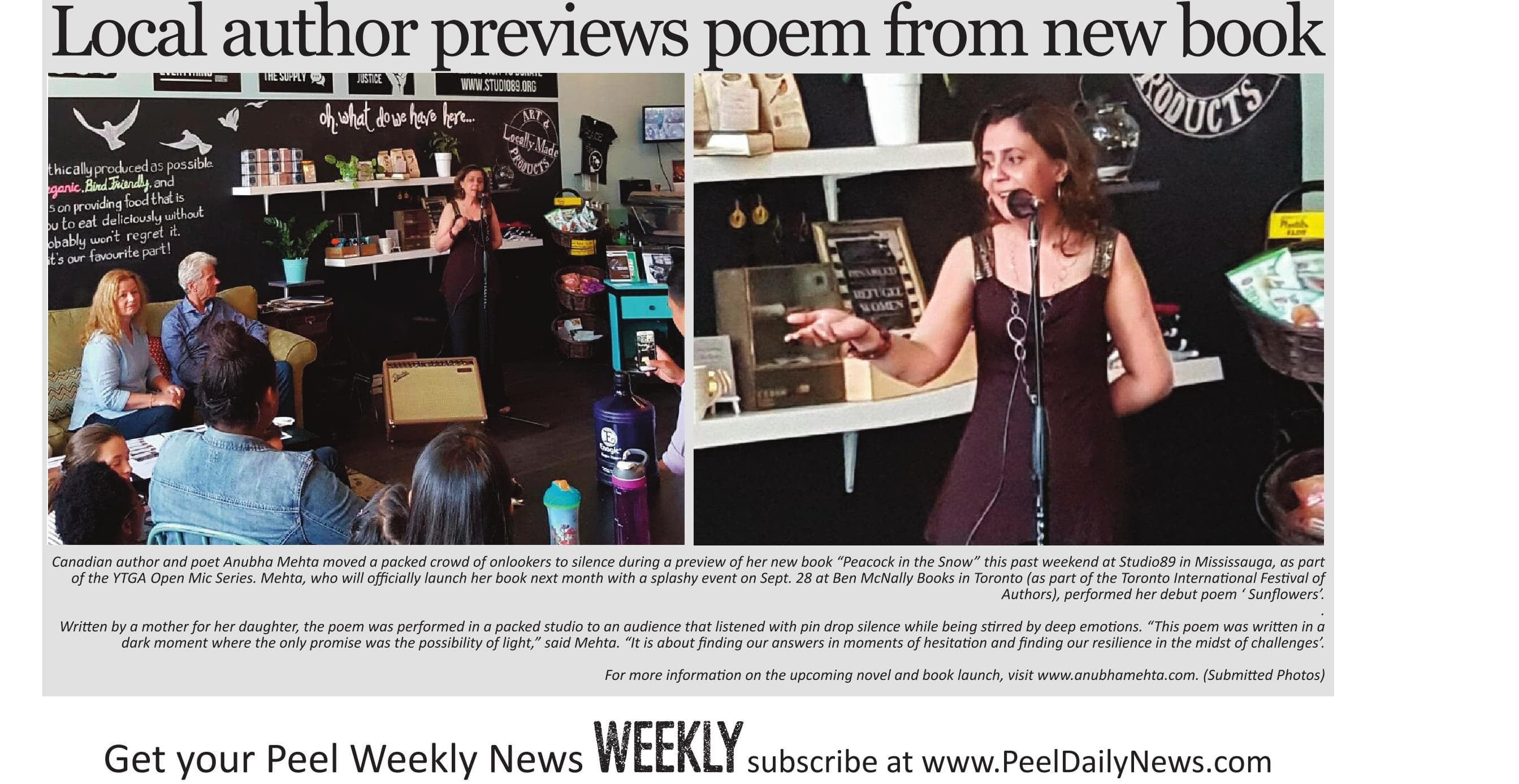
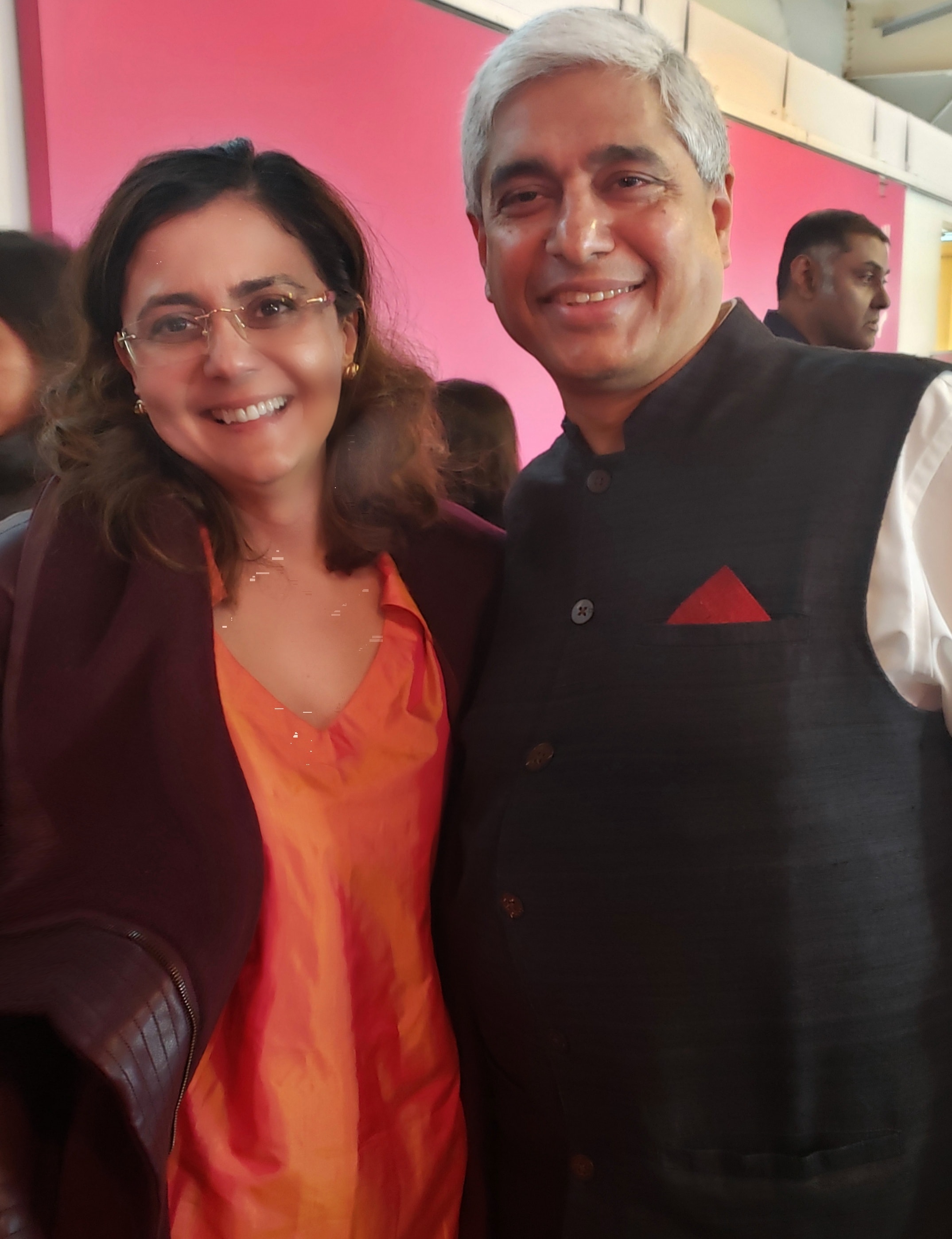

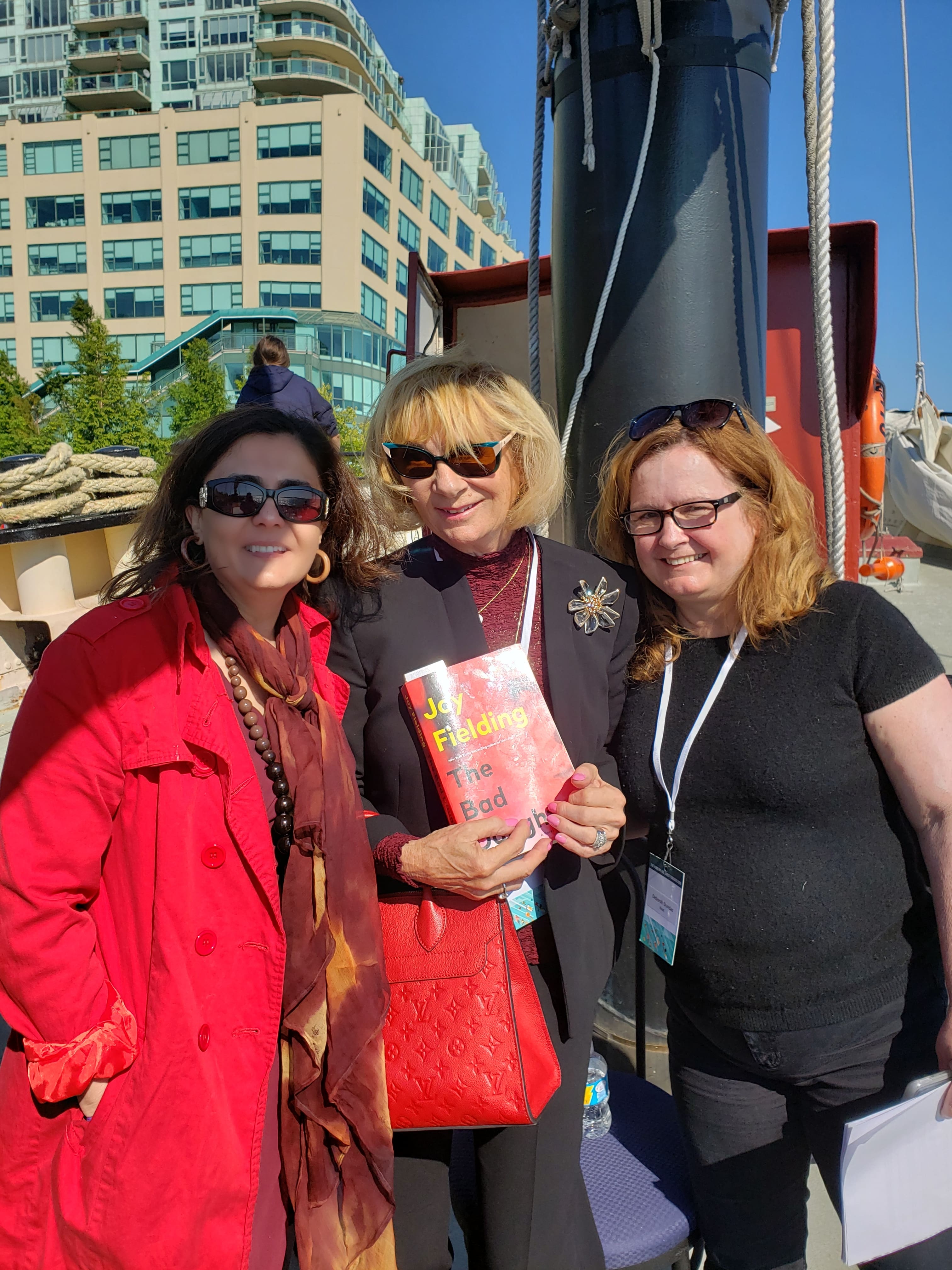
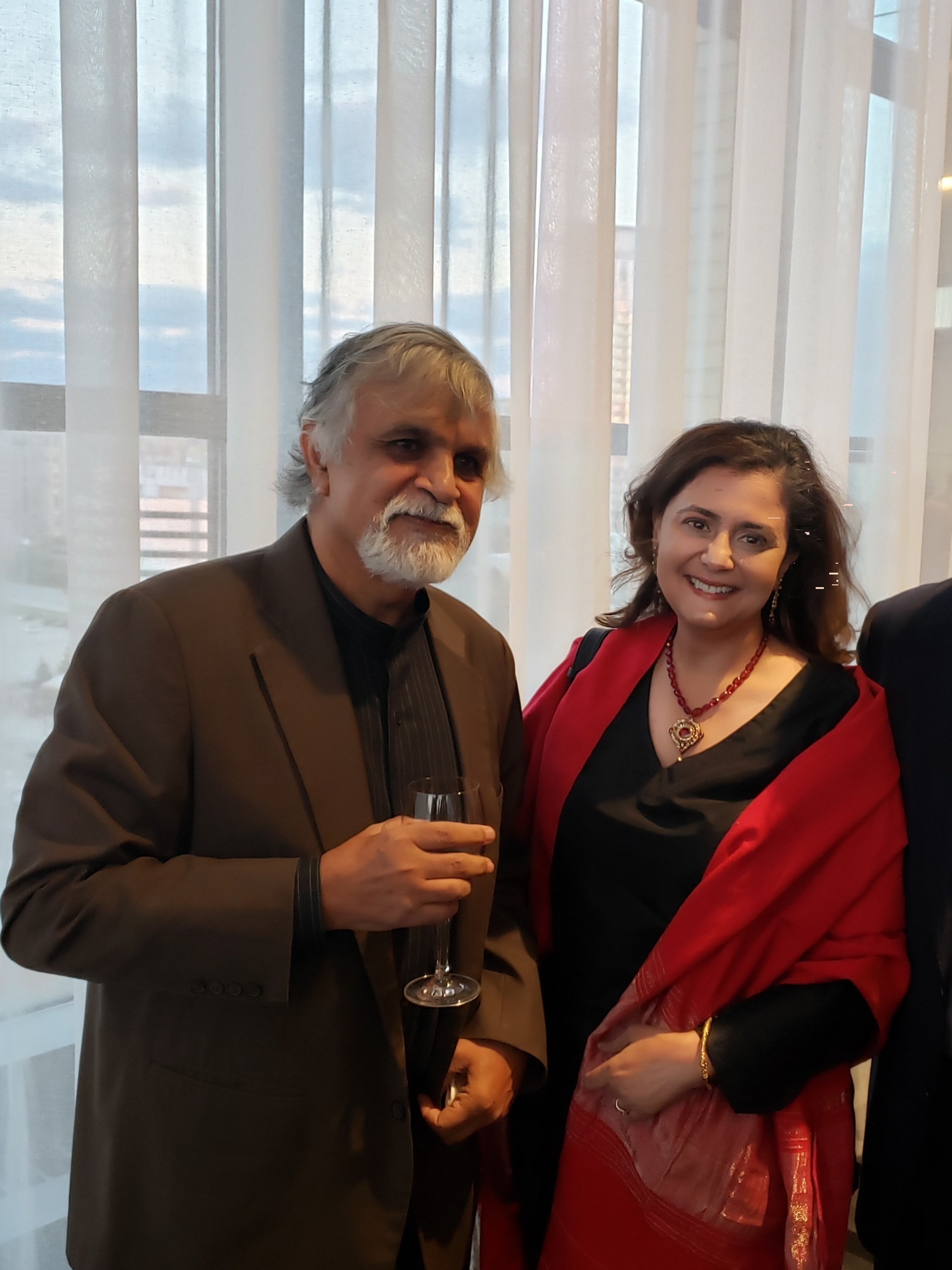
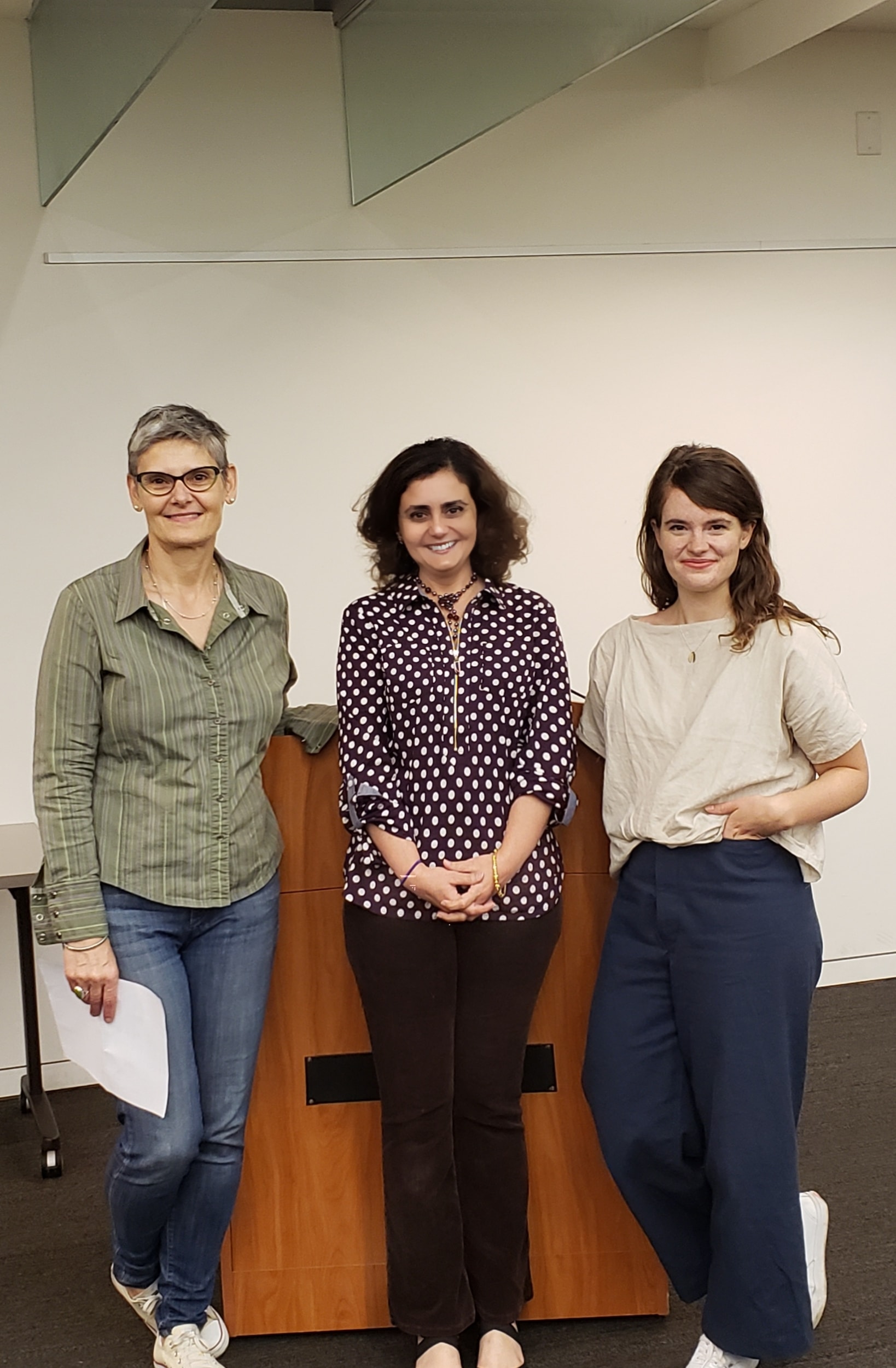
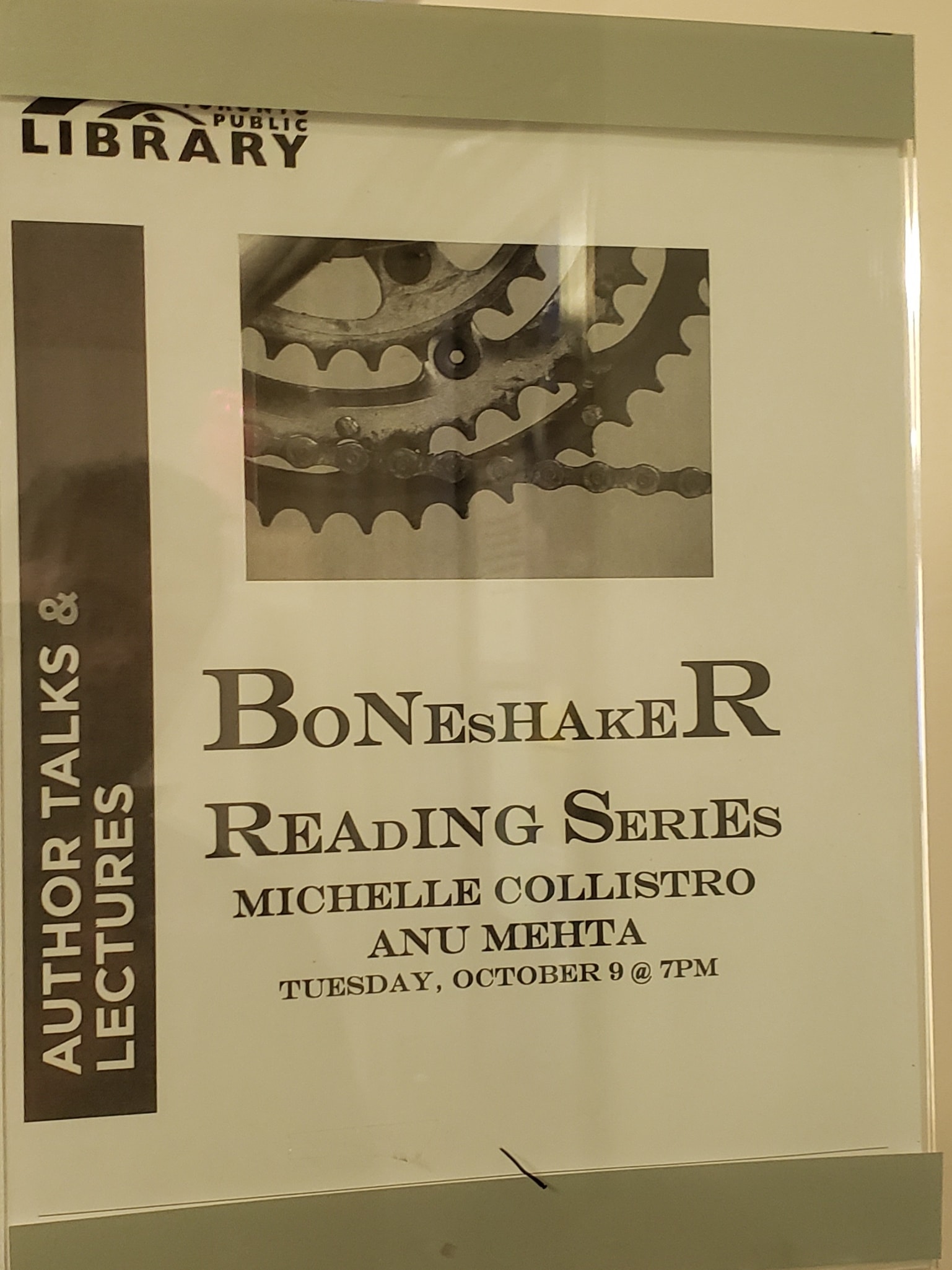
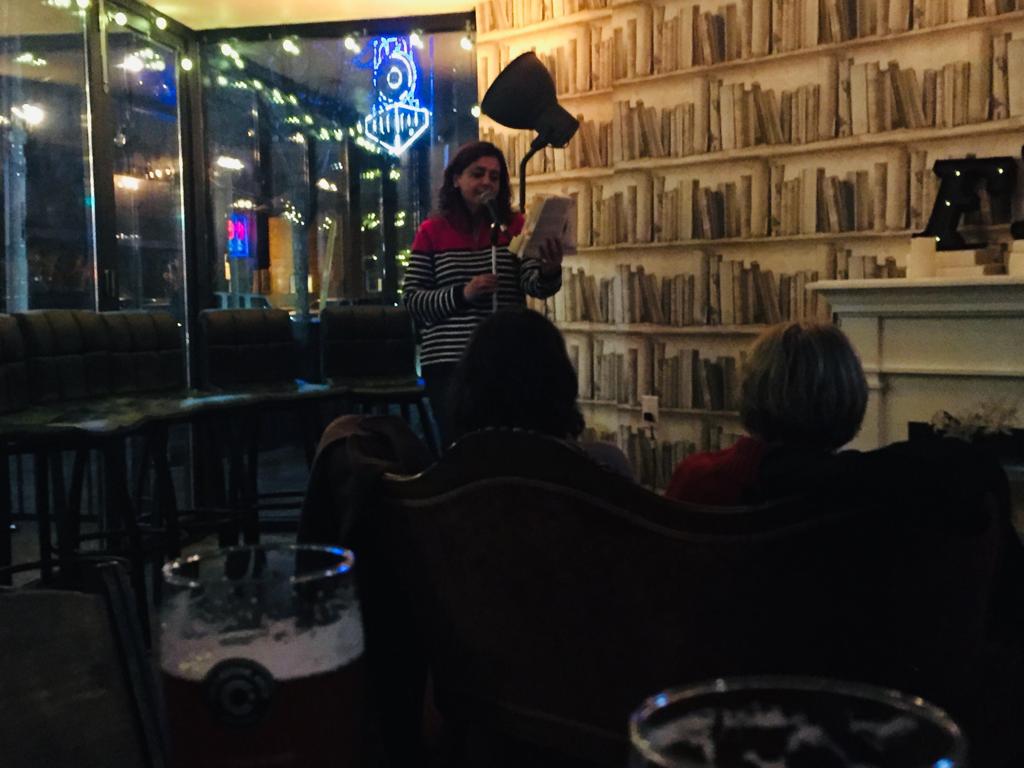
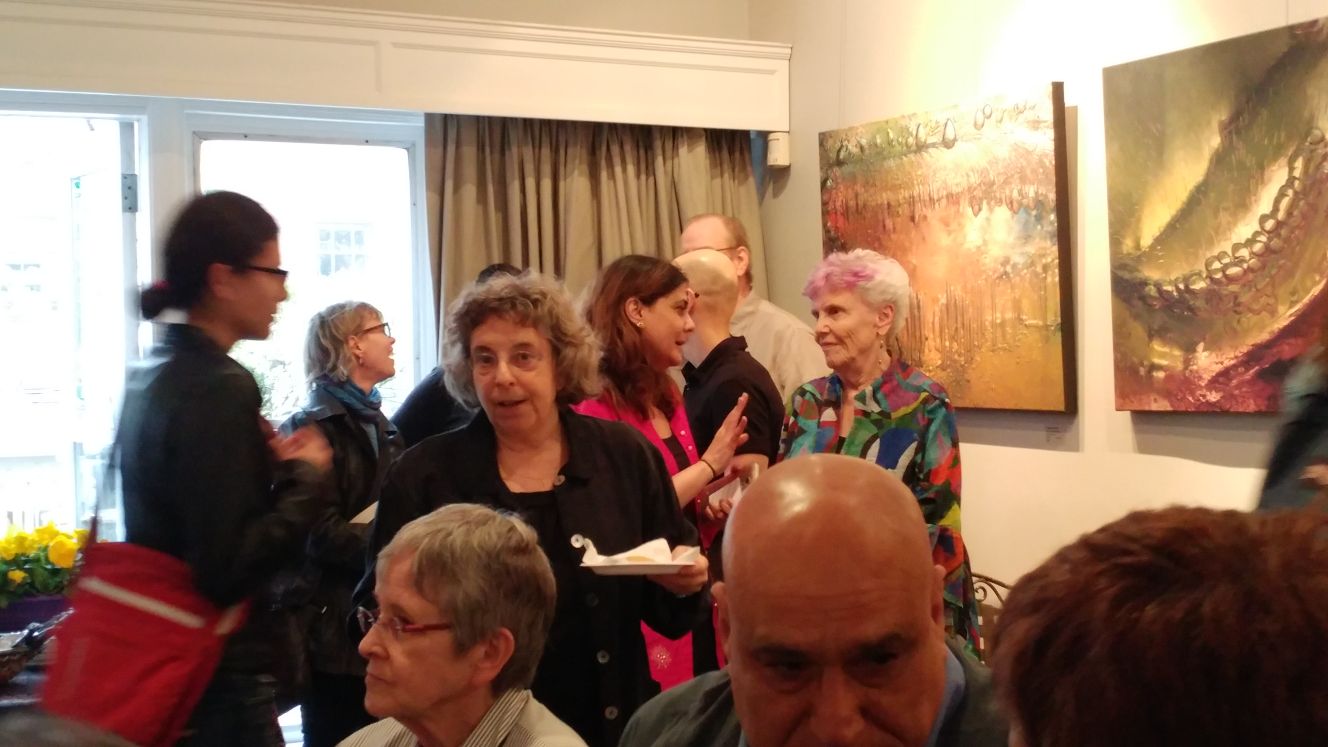
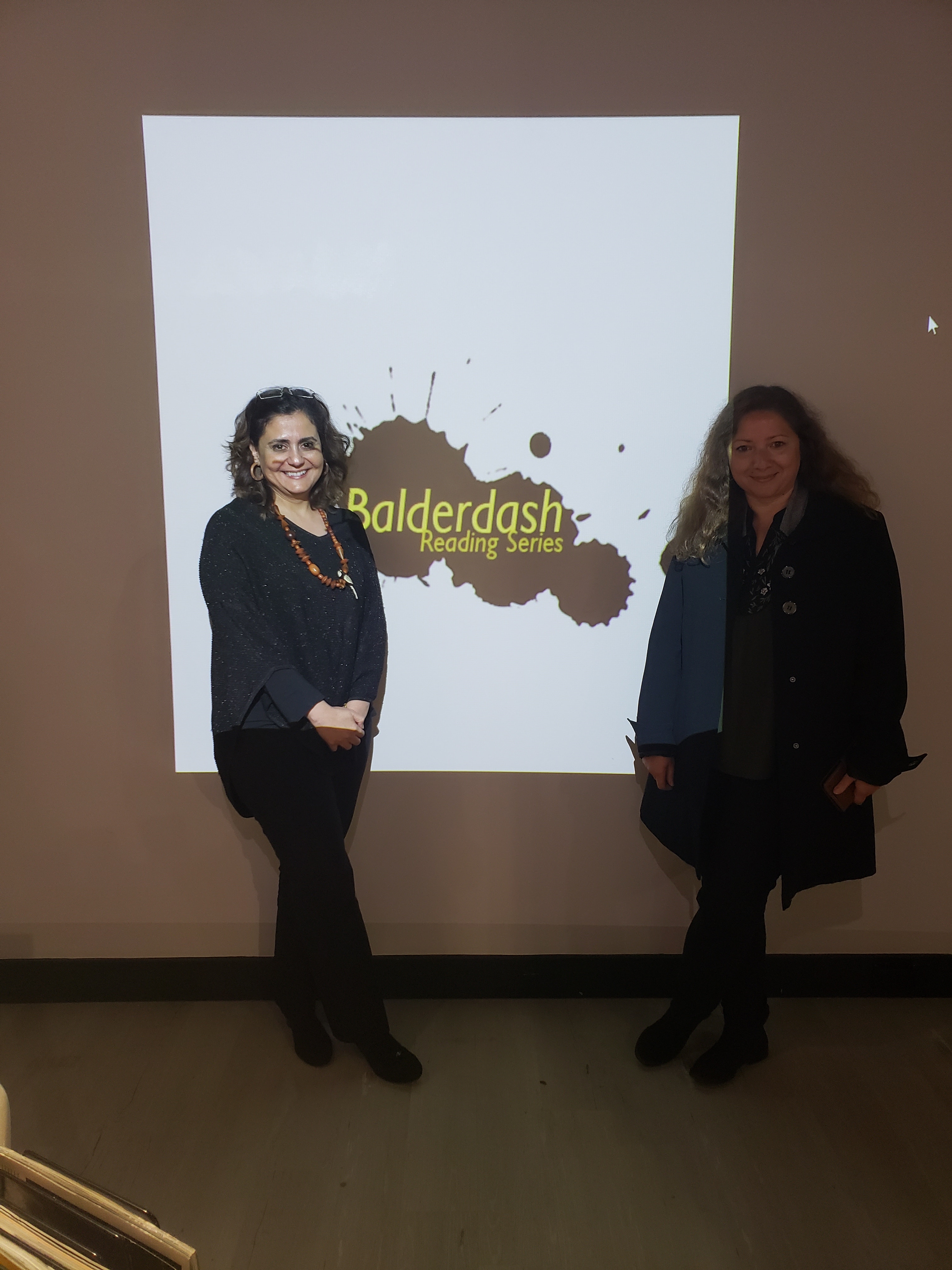



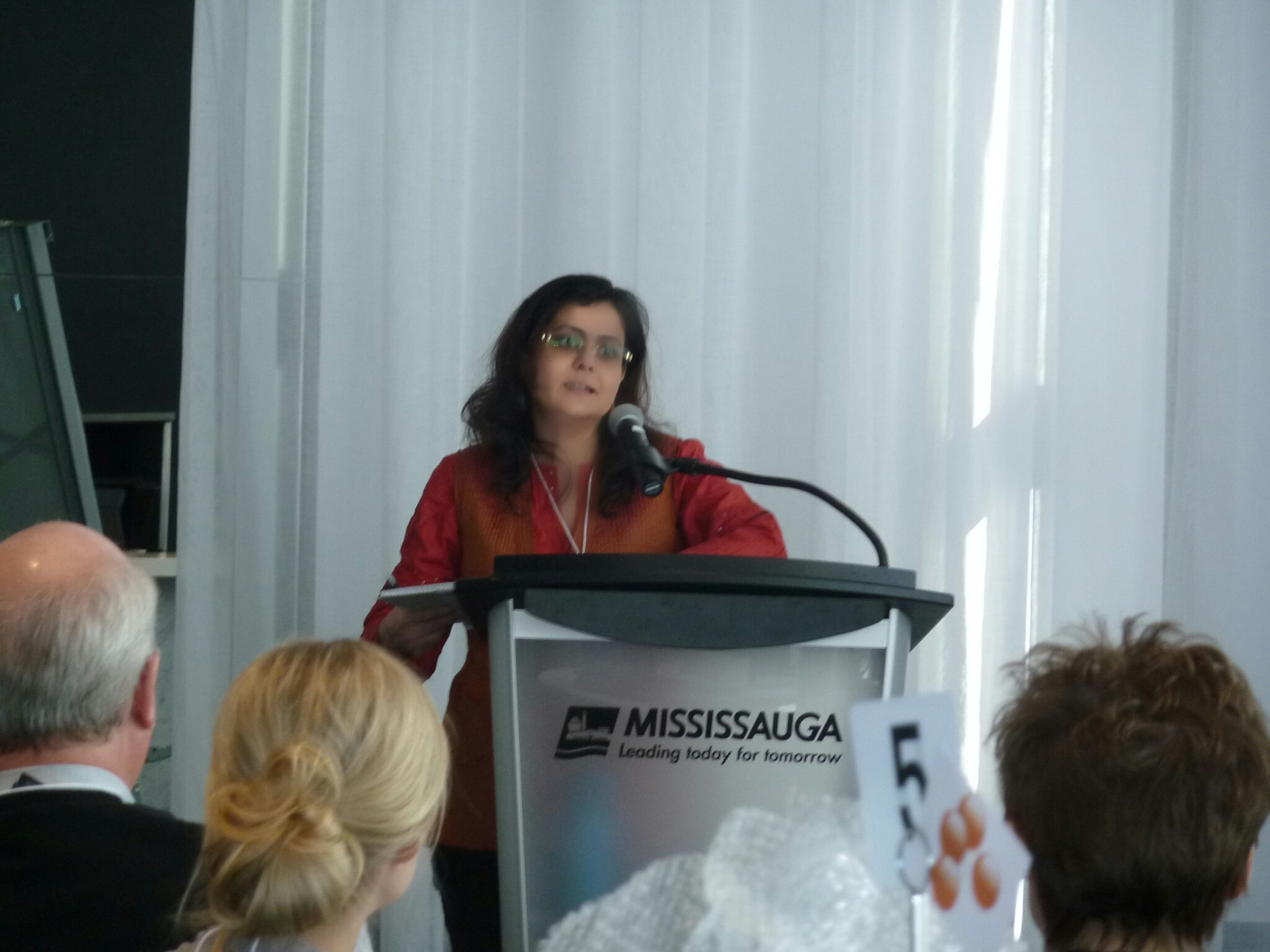

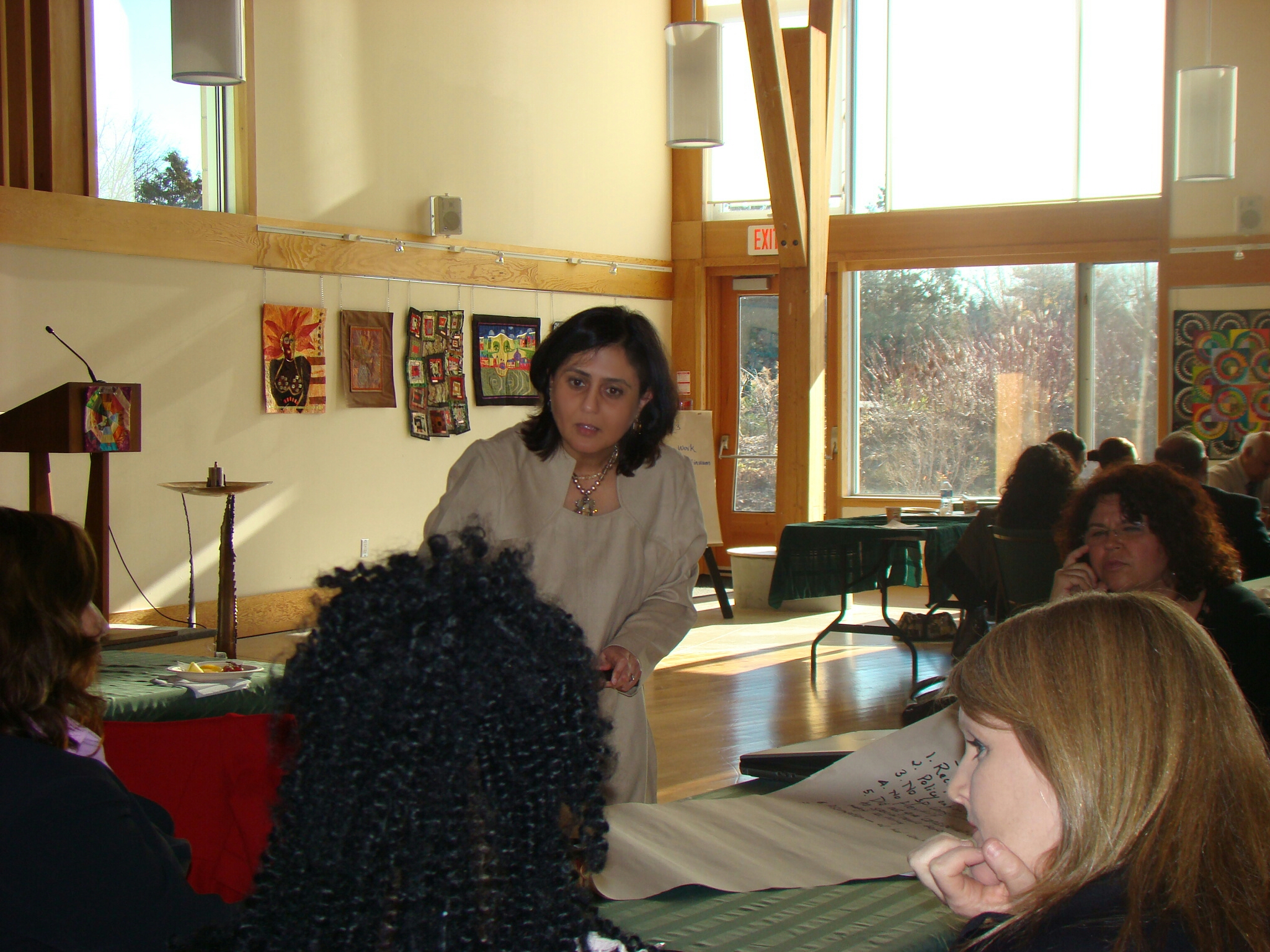
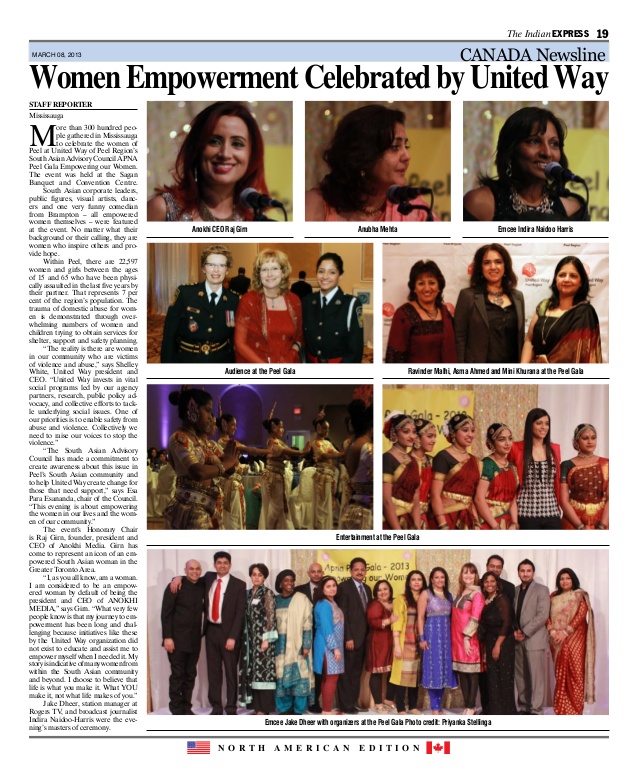
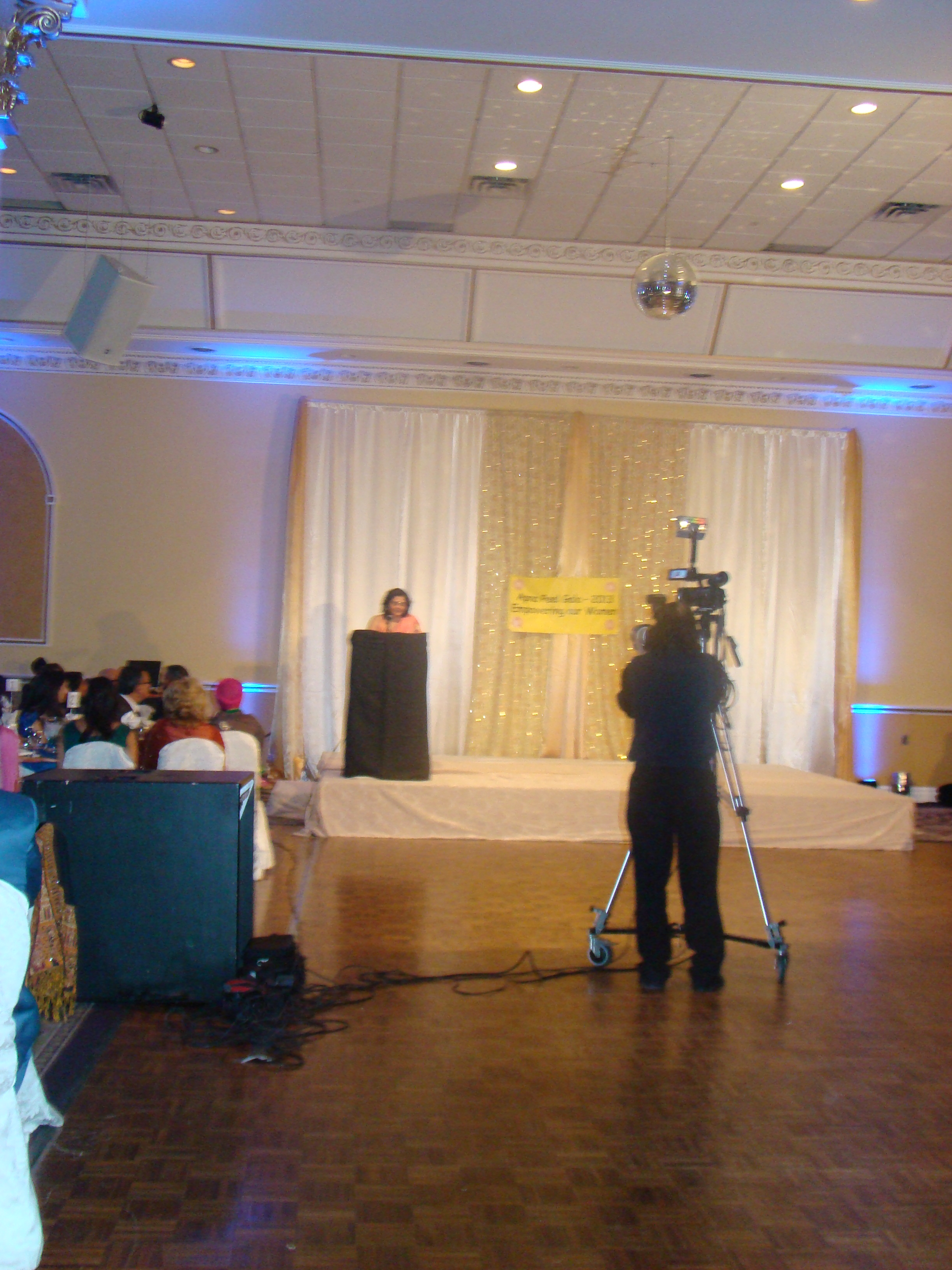
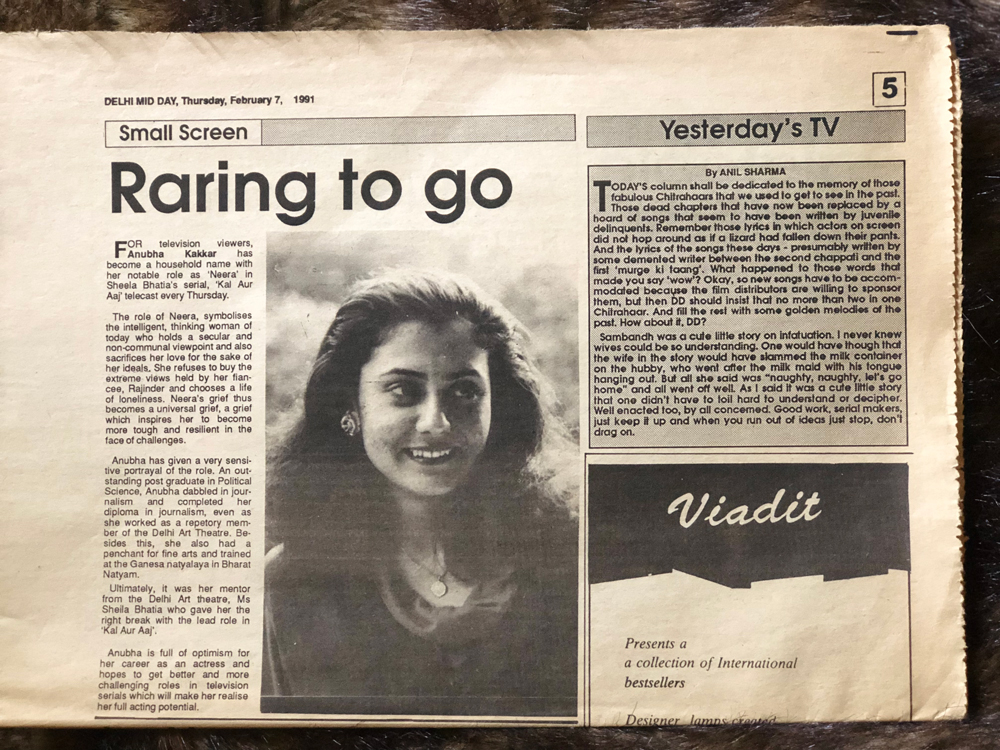



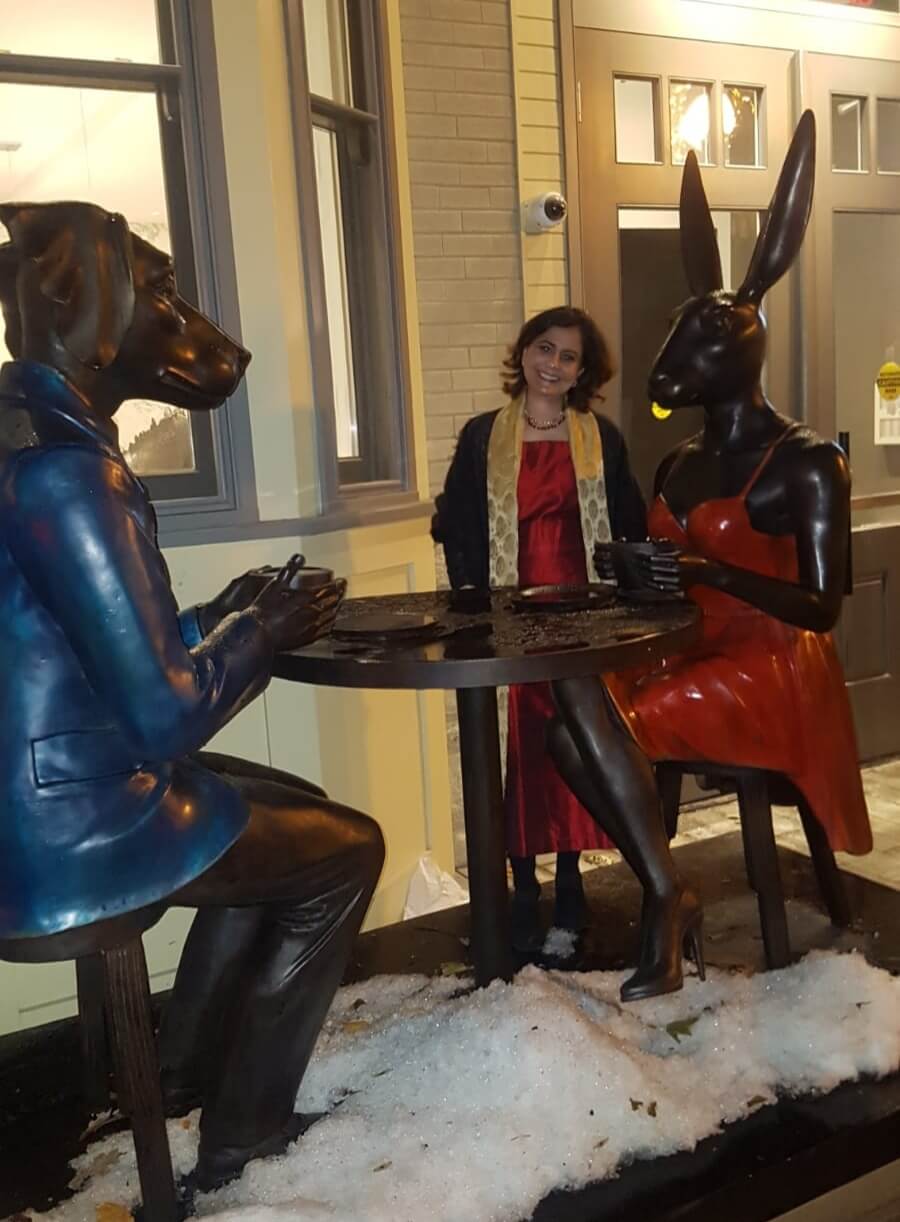
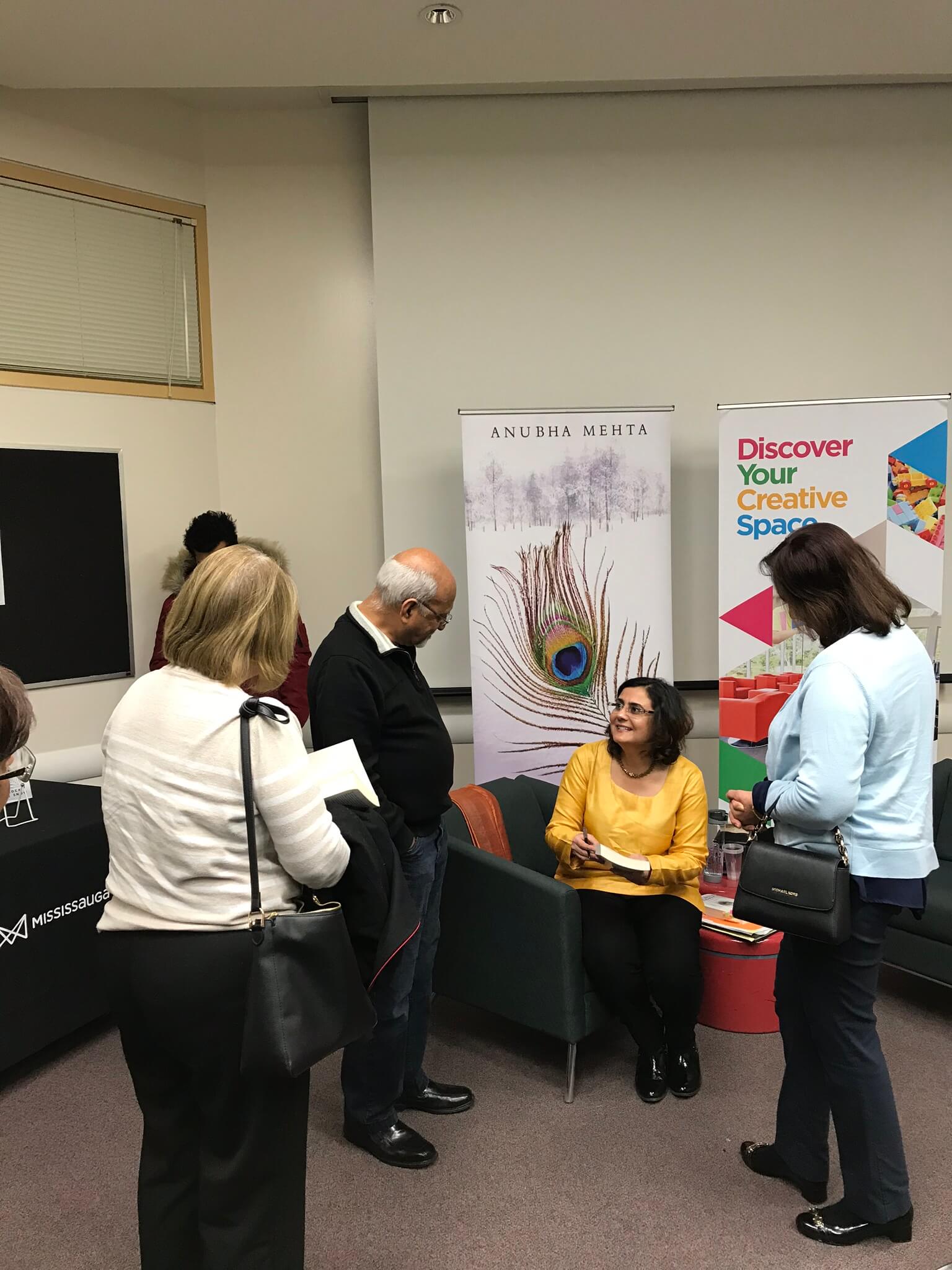
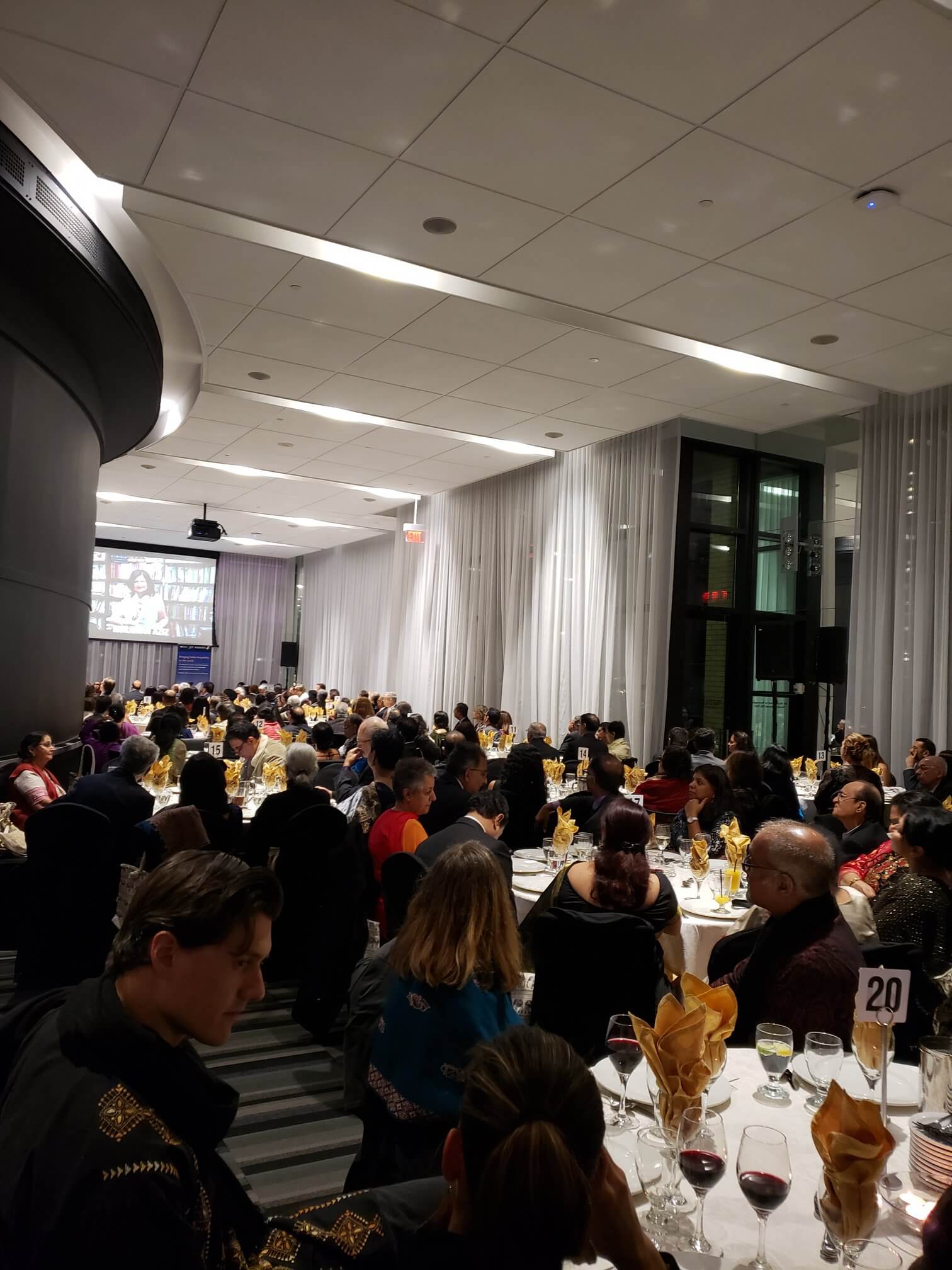
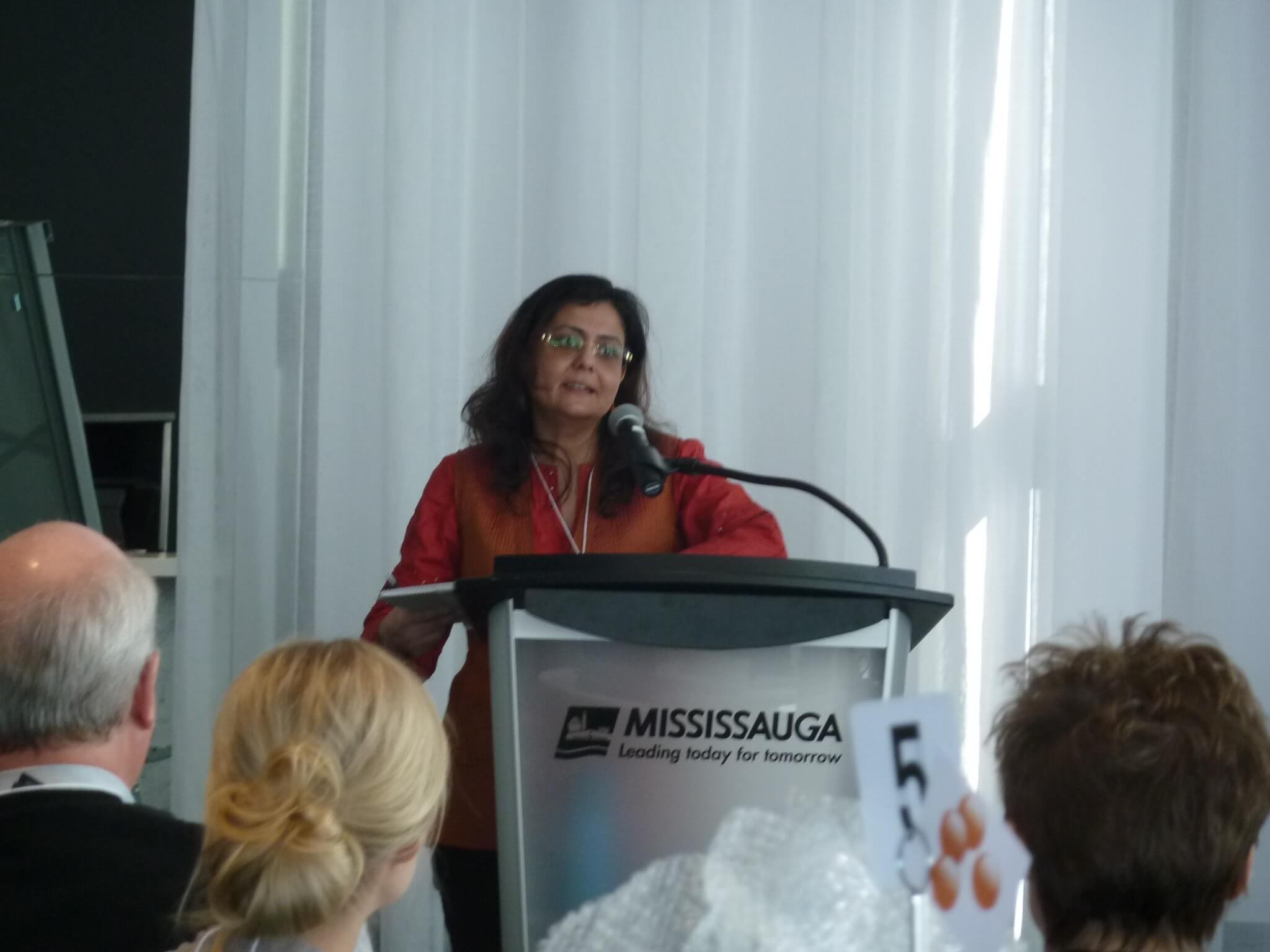
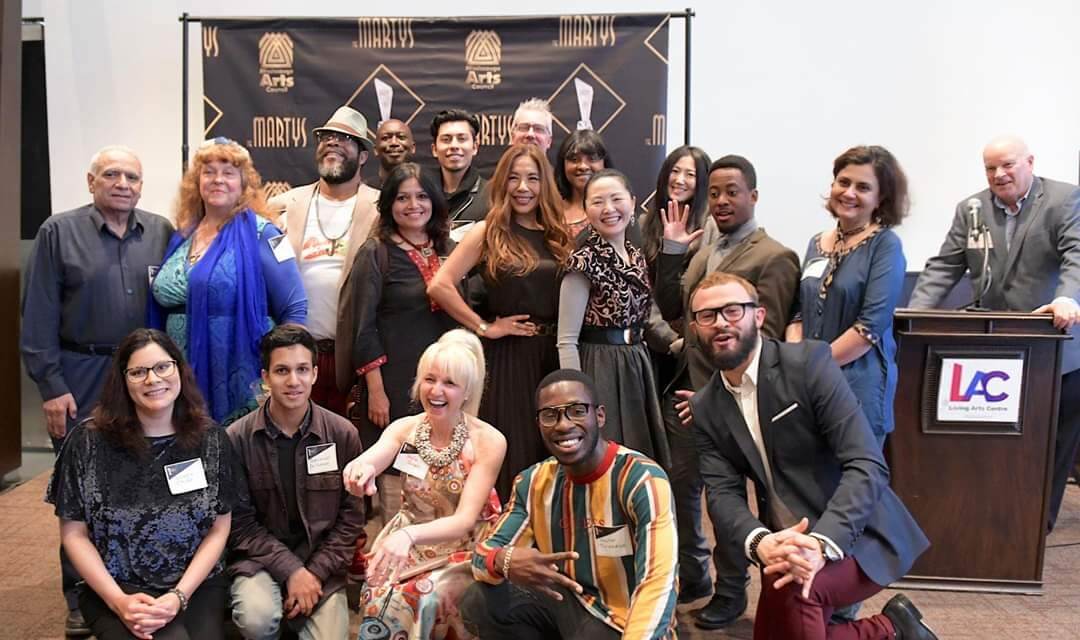
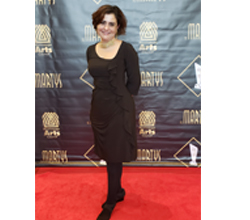
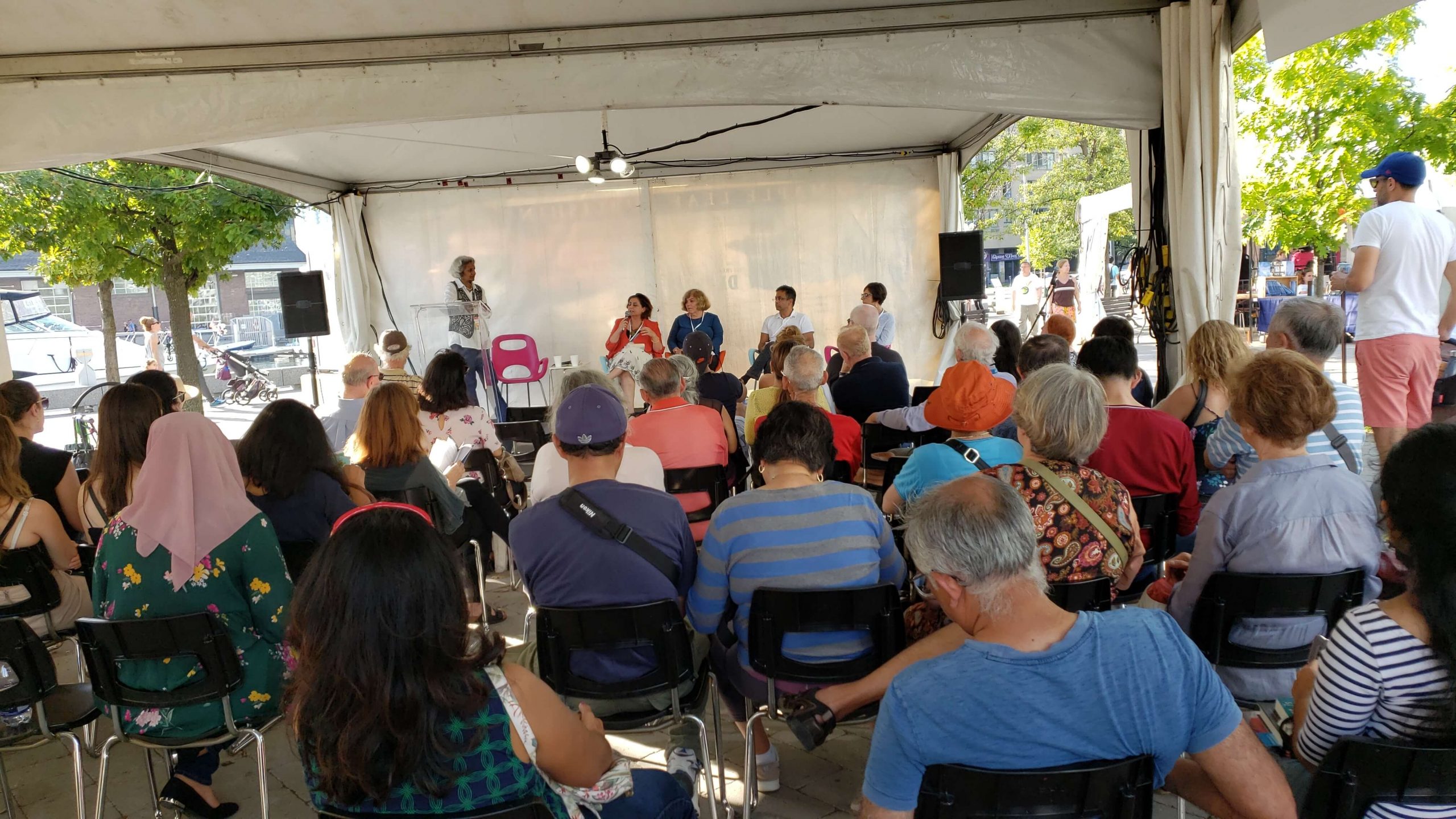
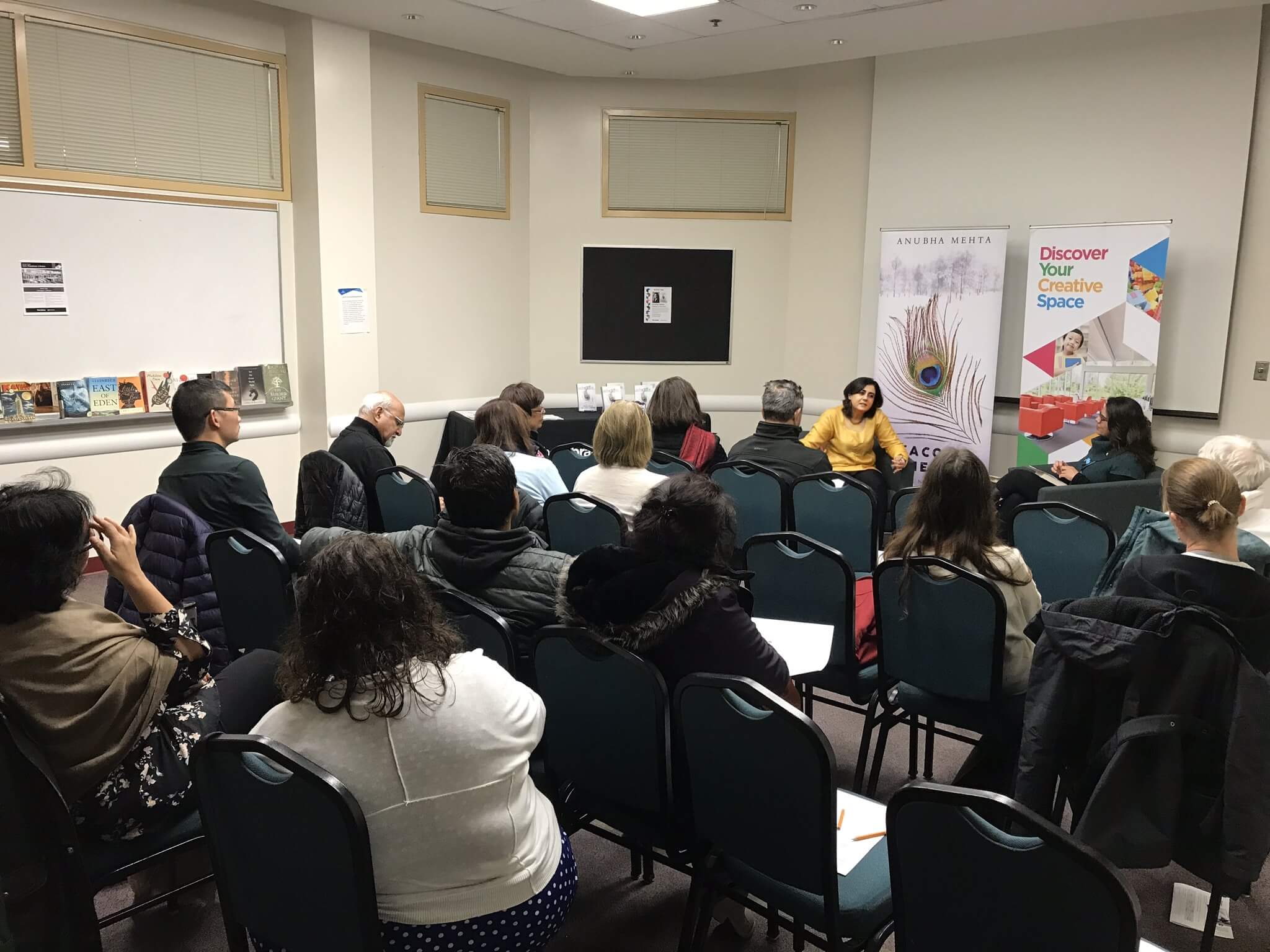
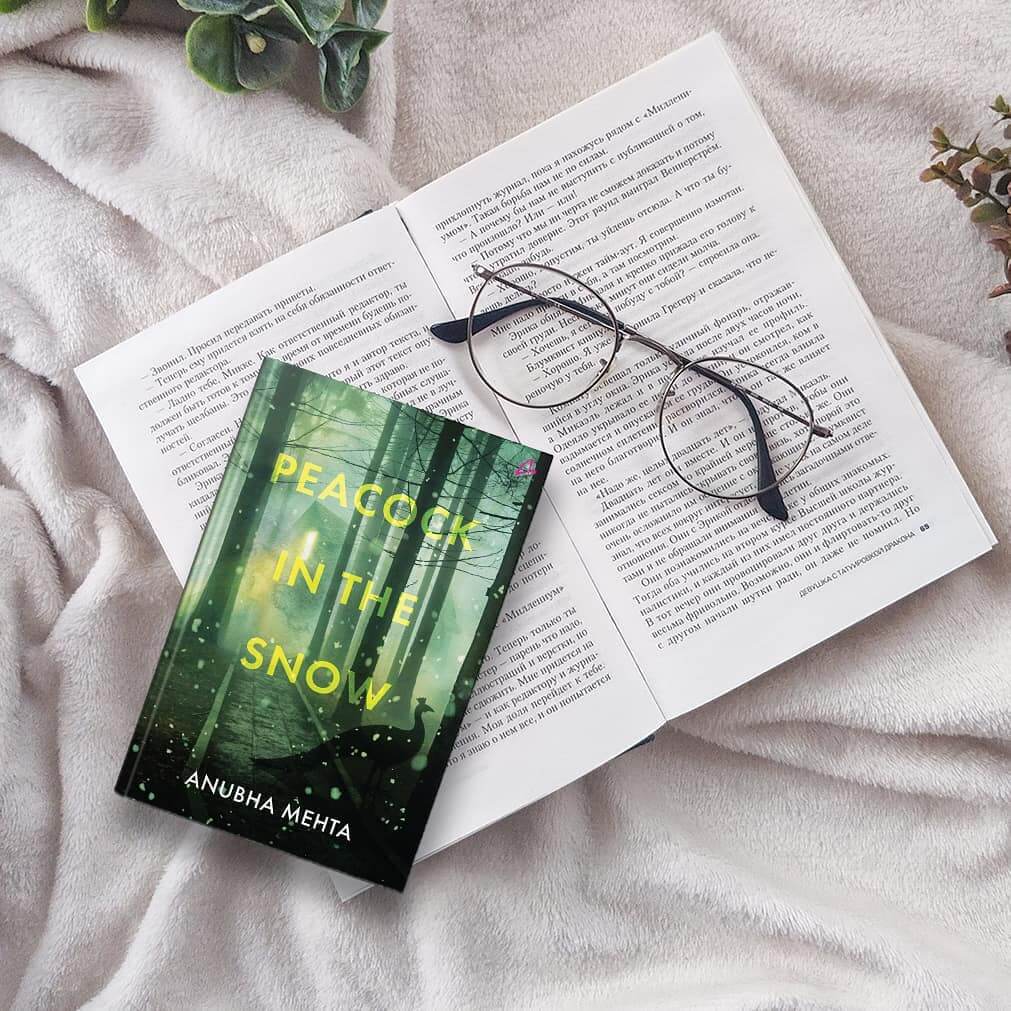
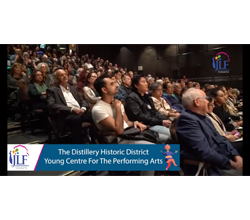
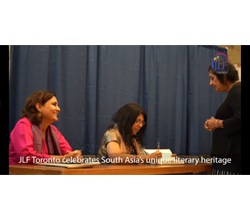

Stories change how we see our world. They introduce and welcome unfamiliar perspectives. We all are born out of stories and we all have stories within us.
The power of storytelling is one of humanity’s oldest and most compelling channels of communication. My attempt is to unearth our everyday unheard voices that tell tales. These voices may recreate their tales from history and memory, yet, they are selective about what they choose to reveal.
It is this choice that makes these tales so unique and interesting. These choices – on what to disclose and hide simultaneously– is an outcome of the narrator’s socialization. This socialization stems from their place, treatment, and understanding of the world around them. It’s their tangible expression of identity after networking with multiple filters, cultures, and stimuli, a resultant negotiated space within the enveloping diversity.
It is interesting to note that the intuitiveness, with which the surrounding reality may be reconstructed through these tales, may stem from a lucid (yet subconscious) purpose to construct a self-identity and in the process cope within an adopted foreign homeland.
And yet it is also interesting to see how, within these tales, the narrators find their pockets of sunshine, heartbreak, triumphs, and setbacks, all wrapped tightly around the way they tell tales.
Being wedded to one’s own reconstruction of their tales may lend reasons to live life every day, sometimes more deliberately than others.
So, really, why Tell-Tales? Is it just to understand and contextualize our histories? Or is it also to reconstruct our evolving identities? Or perhaps, both?
Within the current global epistemic shifts in concepts of nationalism, do these tales reflect a sense of amendment in their conferred, hyphenated spaces?
Despite the inclination towards the presumed uniqueness of these narratives, is there a subtext, a shared ground for commonality of occurrence and experience, irrespective of their diverse cultural backgrounds?
The beast of alienation and its associated disenfranchisement has no particular country of residence. It hitch-hikes within the multiple and inherent identities that these tales carry.
Also, these tales are resilient in their ability to reconstruct the self within their own personal trajectories.
Either way, it is interesting to collect these narratives in order to decode some of these larger inclusive questions with the possibility of discovering seismic shifts from the individual, collective, and national level.
Please note: This blog is a respectful, safe, and inclusive space. The final selection decision to publish your story is with the administrators of this website.
9 Comments
An interesting insight. We all have tales to tell which may or may not be relevant to others but form an important part of our journey and this journey is common to everyone in some way or the other
This column is like a kaleidoscope which shows multiple and diverse images of our world.Very interesting indeed!
Anubha this is such a nice forum. Yes we all have something to share , a story or an event or some anecdote we would like others to read. Would definitely like to share here. Thanks
Anubha this a great opportunity to tell all those tales one has lived and seen .Narrative of life makes it more interesting. one lives to explore experience and share. This is a great opportunity.Thanks for the generous offer
Great work keep it up
Great site. Looking forward to seeing your new work, Anubha!
Interesting read. Each life is unique and has several interesting elements. Though few can see and bring it out. You have done it sooo beautifully Anubha.
Enjoyed reading…
My name is Jennifer Raposo. An poetry amateur. My insight is my life experiences between India, Goa, Abu-dhabi and Canada. I write about days of old and yet some that elaborate my positiveness of life as much as the harshness devoured me. I’m a lover of Animals and nature including a star gaze.
I met Anubha at a reading session in Oakville and was quite taken a back with honor from one Indian to another and authenticity of her art in her work is embellishing. Thank you again Anubha for introducing your book- Peacock in the snow. I love the magnificent use of English vocabulary in your novel. Truly inspired.
[…] https://www.anubhamehta.com/why-tell-tale/ […]
I welcome your comments. All comments are moderated so may not show up immediately. But I will surely get back to you. You can also contact me if you are interested in contributing to my blog, ‘Tell-Tale’ I look forward to hearing from you.